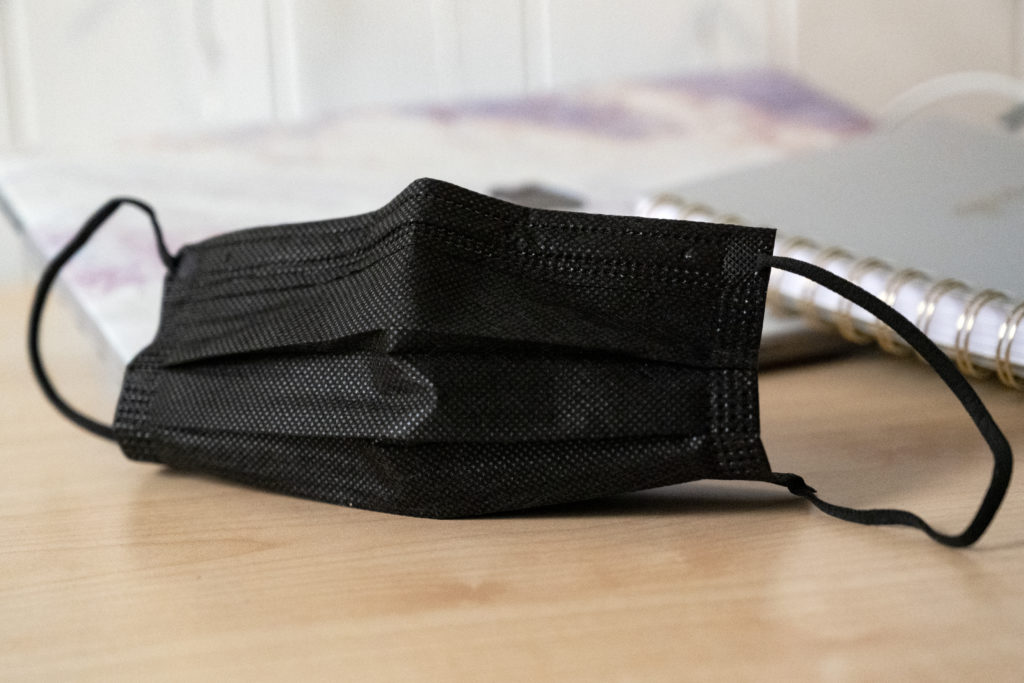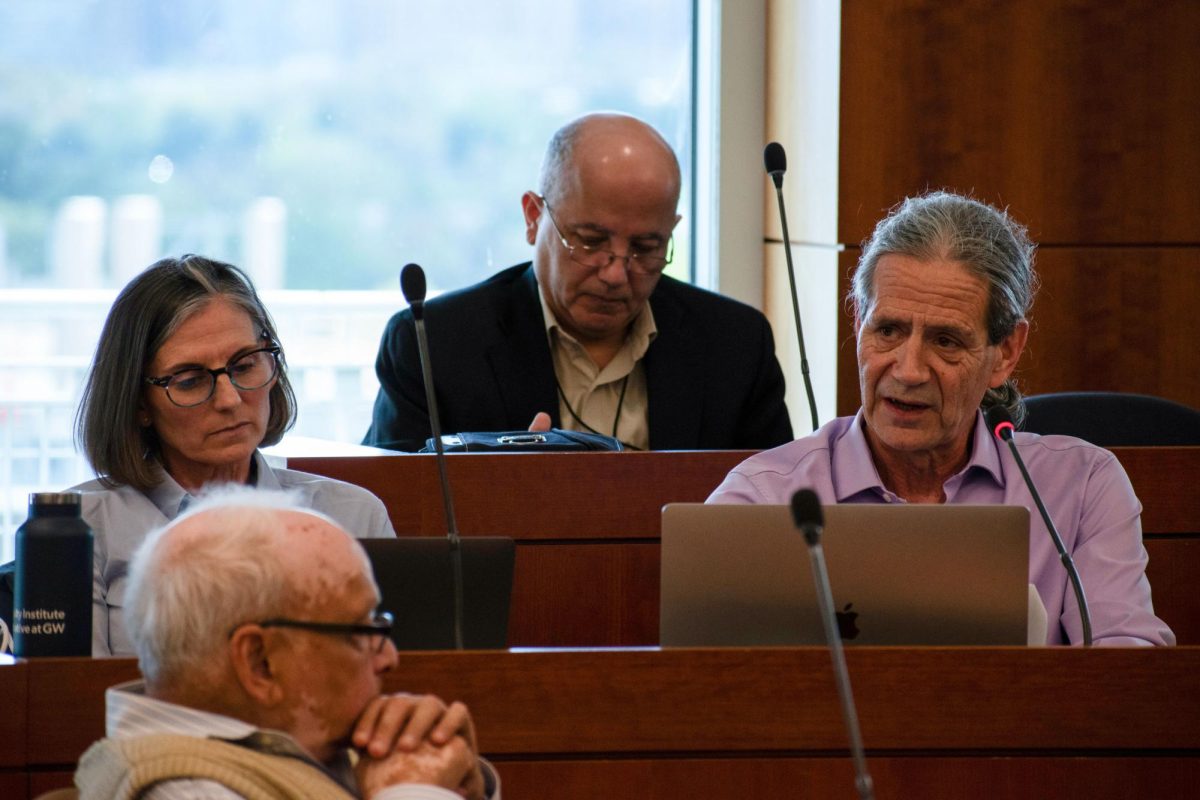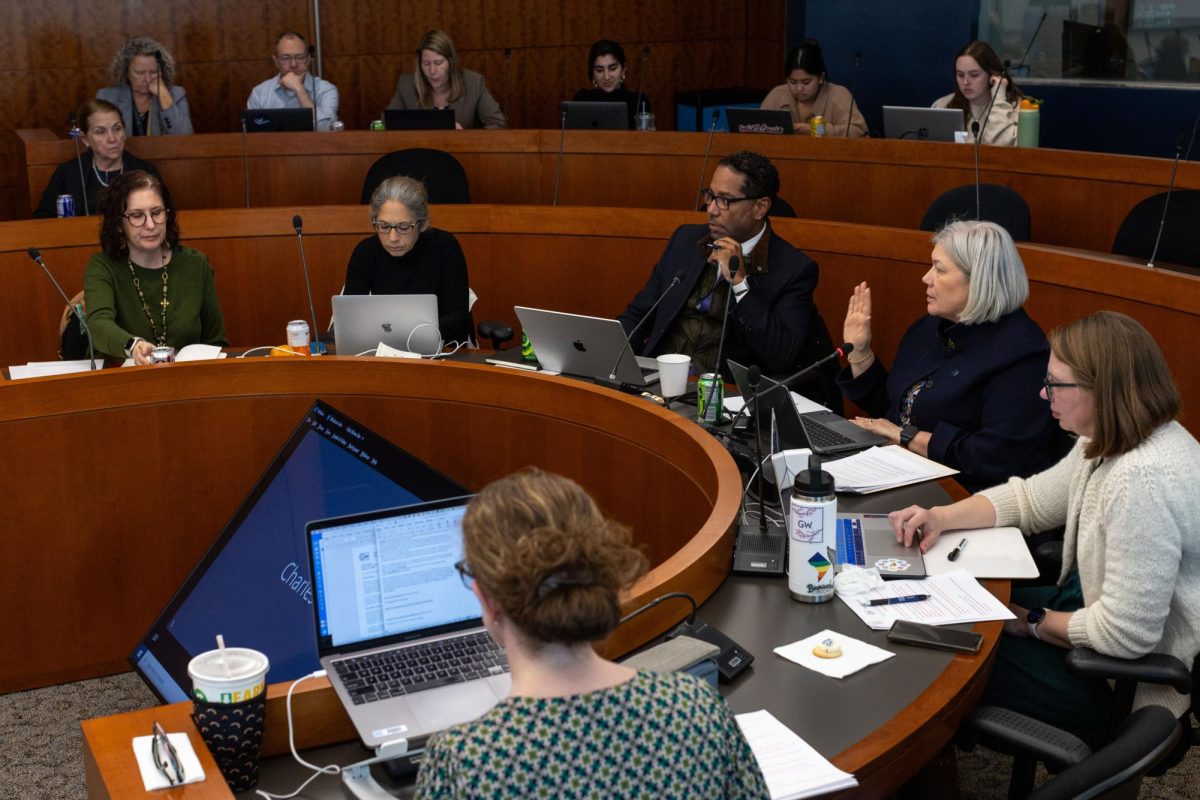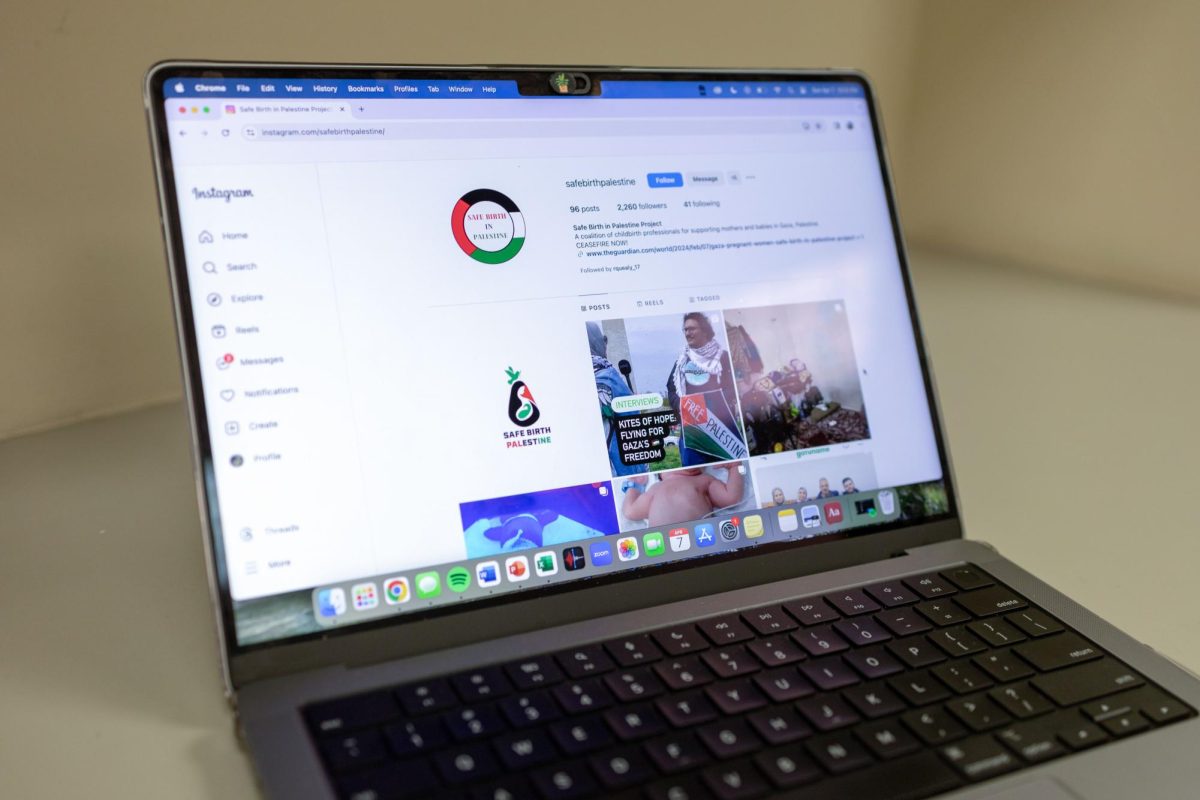GW’s move to lift its indoor mask mandate generated mixed emotions among faculty, with some concerned about public health risks and others hoping to continue rebuilding pre-pandemic connections between University community members.
In interviews, more than 10 faculty said they are concerned over the possible increase in cases around campus, but some others said maskless instruction can help improve in-person instruction and connections between faculty and students. Officials have permitted faculty to teach without masks with social distancing throughout the academic year, but the dropped mandate brought on the first week of in-person classes without indoor masking required for students since March 2020.
The daily positivity rate on campus has consistently surpassed 1 percent during the past week after remaining below 1 percent for much of the past two months as the BA.2 subvariant of the Omicron variant continues to spread throughout the United States.
Faculty senators said at a meeting Friday that lifting the mask mandate during a rise in COVID-19 cases seemed like a “large gamble for a small payoff” with only a few weeks left in the semester. Sarah Wagner, a faculty senator and a professor of anthropology, said at the meeting that members of the Medical Advisory Group – the public health body that advises GW’s COVID-19 policy – were split on the decision to drop the mask mandate, prompting concerns about faculty safety in maskless classrooms.
“If the medical advisory group is indeed split, I’m wondering how leadership ends up deciding how to go one side versus the other,” Jamie Cohen-Cole, a faculty senator and a professor of American studies, said at the meeting.
Lorena Barba, a professor of mechanical and aerospace engineering, said she was unhappy with the dropped mandate because School of Engineering and Applied Sciences Dean John Lach said she could “only encourage” masking after she asked if she could enforce an in-class mask mandate.
“I am disappointed that GW relaxed the mask mandate at this time,” she said in an email. “It seems unnecessary and short-sighted. What was so hard about continuing to wear masks until the end of the semester?”
Graciela Kaminsky, a professor of economics and international affairs, said she was unhappy with the dropped mandate because students have contracted COVID-19 this year even with the mask mandate, and she is concerned the spread of the virus could accelerate if mask-wearing becomes less common.
“I support maintaining the mask mandate through the whole semester,” she said in an email. “Other universities are still keeping the mask mandate indoors.”
Georgetown and Johns Hopkins universities temporarily reinstated their indoor mask requirements last week, citing surges in COVID-19 cases on campus after they dropped their respective mandates late last month.
About half a dozen faculty members said they feel safe without a mask mandate alongside other University COVID-19 mitigation policies – like required biweekly testing and vaccination – and that maskless instruction makes communication during class more effective.
Khalil Derbel, a teaching instructor of Arabic, said he teaches an Arabic language class without a mask to adequately demonstrate pronunciation for his students. He said if on-campus cases stay low, he supports the University’s policy to give community members a choice of whether or not to remain masked.
“I believe giving individuals the choice to remain masked or unmasked strikes the right balance,” he said.
Samuel Ashworth, an adjunct professor of creative writing, said he felt “comfortable” with the dropped mandate because GW implemented COVID-19 protocols as students returned to in-person learning, so the decision to drop the mandate came at the right time.
He said he can survey unmasked students’ facial expressions with the dropped mandate, so he can adjust his teaching style accordingly, which will help him better tailor his lectures and improve the learning experience.
“On a personal, pedagogical level, it is a relief to see my students’ faces,” Ashworth said in an email. “It’s hard to read a room when you can’t see facial expressions.”
Some other professors said they were on the fence about the updated policy because the severity of the pandemic has declined, but the risk of a potential rise in cases still looms.
Alessandra Fenizia, an assistant professor of economics, said she wears a surgical mask while teaching to protect herself from COVID-19 infection after recently feeling safe enough to downgrade from an N95 mask.
“I don’t like the mask, but I know it’s very useful,” she said. “So from a rational point of view, I would like to wear it, and I would like the students to wear it. At the same time, I understand that at this point, we have had them for so long, we’re fed up.”
Eric Saidel, an assistant professor of philosophy, said he and his students generally feel safe on campus without masks because of the relatively low number of cases, vaccinations and the University’s history of handling COVID-19, but he has concerns for populations vulnerable to the virus.
“I do worry a little bit about people who are immunocompromised,” Saidel said. “I know that in my classes, one of my classes, the students have pretty much abandoned wearing masks.”
Saidel said roughly 10 percent of students were wearing masks in his large lecture while approximately 75 percent of his students were wearing masks in his small seminar class. He said the lifted mask mandate hasn’t impacted his ability to work or his student’s ability to learn, but a rise in cases will impact the learning of students forced to work virtually.
“My guess is that the number of students getting sick will go up,” he said. “So in that way, it will affect student’s ability to work.”
Nick Pasion contributed reporting.











